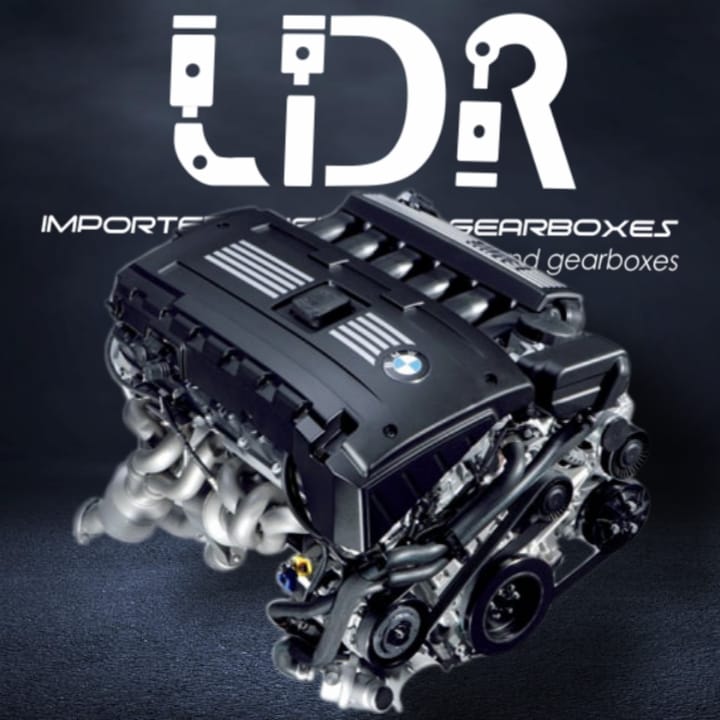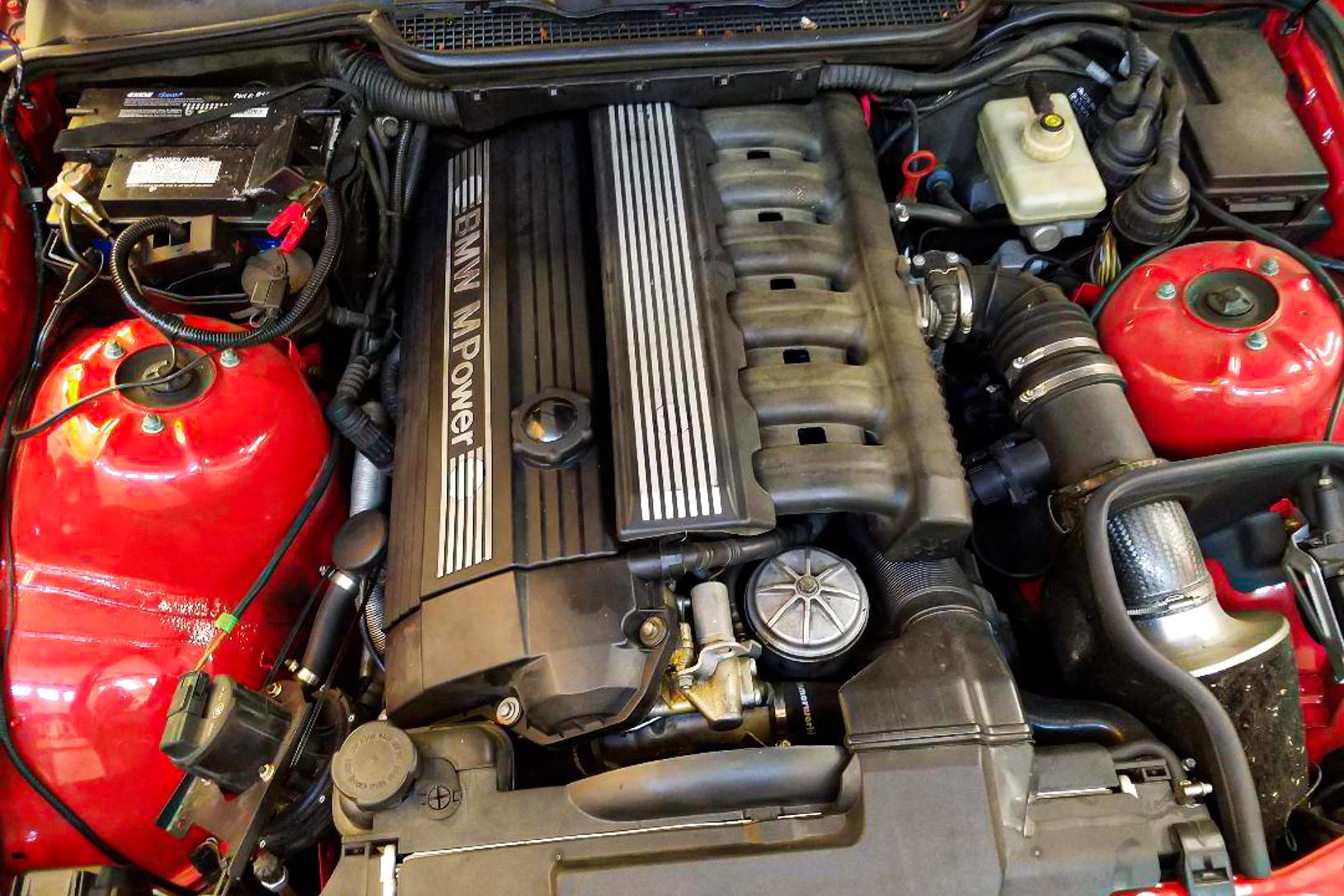Vital Factors To Consider for Picking the Best Engine for Your Demands
In the realm of choosing the suitable engine to satisfy your demands, several crucial factors need careful consideration to make certain ideal efficiency and performance. From the nuanced balance between power and performance to the often-overlooked facets of maintenance and service needs, each element plays a pivotal duty in establishing the most appropriate engine for your particular requirements.
Power and Performance
When assessing engines for ideal performance, it is critical to focus on both power output and efficiency. Efficiency refers to just how well the engine transforms gas right into functional power. By carefully evaluating both power and performance, you can choose an engine that delivers ideal efficiency and satisfies your requirements efficiently.
Fuel Efficiency and Economic Situation
In the realm of engine option, the factor to consider of gas effectiveness and economy holds critical value. Gas effectiveness refers to the engine's ability to transform fuel right into power with marginal waste, directly impacting operating prices and ecological sustainability. bmw 318ti. When picking an engine, examining its fuel economic situation is essential to identify lasting financial savings and environmental influence. Engines with higher gas efficiency not just reduce gas costs yet additionally lower carbon exhausts, adding to a greener operation.

Compatibility and Application
Considering the fuel effectiveness and economy of an engine, the next essential element to address is its compatibility and application within specific operational contexts. Compatibility describes just how well the engine integrates with the overall system or devices it powers. It entails elements such as physical measurements, installing options, electrical user interfaces, and control systems. Ensuring compatibility is vital to protect against issues such as getting too hot, vibrations, or power imbalances (bmw 318ti).
Moreover, the application of the engine is similarly important. Various engines are developed for certain objectives, whether it be industrial equipment, aquatic vessels, automobiles, or power generators. Understanding the intended application enables the selection of an engine that can provide the necessary power result, torque, and functional qualities. For instance, a high-revving engine made for efficiency vehicles would certainly not appropriate for sturdy building and construction equipment that calls for high torque at low speeds.
Maintenance and Solution Requirements
Maintenance and solution requirements play an essential duty in guaranteeing the long life and optimal performance of an engine. Routine upkeep is important to avoid malfunctions, expand the lifespan of the engine, and maintain its effectiveness. When selecting an engine, it is vital to consider the supplier's recommended maintenance routine and the accessibility of solution facilities or certified professionals.
Variables such as the frequency of oil adjustments, filter substitutes, and total inspections can significantly impact the engine's performance. Some engines may require even more frequent servicing based upon their layout and use, while others might have longer periods in between maintenance checks. It is essential to stick to these solution needs to stay clear of pricey repair services and unanticipated downtime.

Price and Budget Plan Considerations
When choosing an engine for a particular application,Spending plan constraints usually play a considerable function in the decision-making process. When taking into consideration the cost and spending plan implications of picking an engine, it is necessary to assess not only the first acquisition cost yet likewise the lasting expenses related to maintenance, fuel intake, and possible upgrades or repair work. It is vital to strike a balance between the ahead of time expense of the engine and its total lifecycle expenses to ensure that the selected engine continues to be economically lasting throughout its operational lifespan.
Factors such as gas dependability, toughness, and effectiveness can directly influence the total price of possession of an engine. While a much more expensive engine might have higher in advance prices, it might potentially result in reduced maintenance and fuel expenditures over time, therefore offering much better value in the lengthy run.
Conclusion

Fuel performance refers to the engine's capability to transform gas into power with minimal waste, directly affecting operating prices and environmental sustainability.Aspects affecting gas effectiveness consist of engine layout, combustion effectiveness, and overall efficiency optimization. Additionally, selecting the proper fuel kind and quality as suggested by the engine producer can better improve performance and prolong engine life expectancy.
Engines with excellent utility features and readily available parts can minimize upkeep expenses and reduce the time the engine is out of procedure - bmw 318ti. It is essential to strike an equilibrium in between the upfront expense of the engine and its total lifecycle expenses to ensure that the selected engine remains financially sustainable look at this now throughout its operational life expectancy